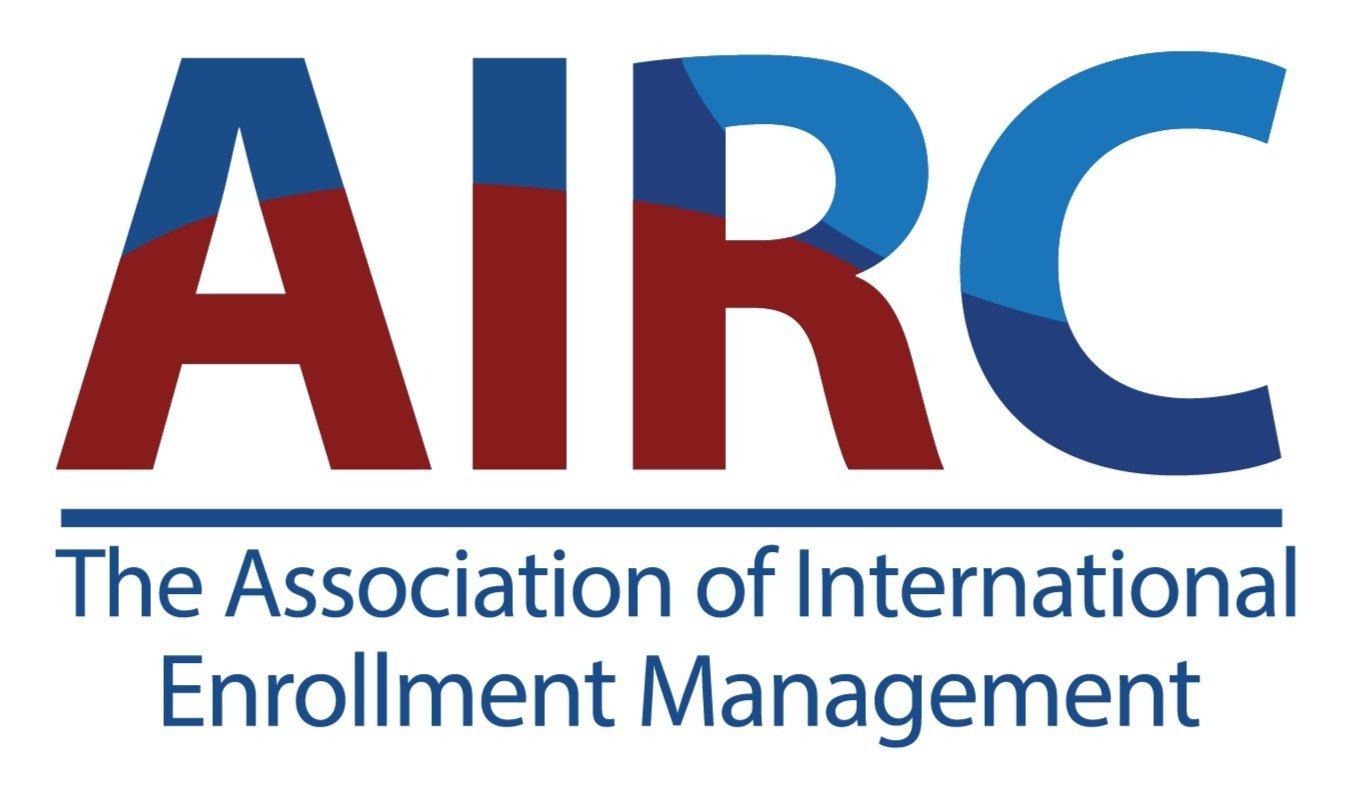Regulatory Body in India
Ministry of Human Resource Development is the apex body of School Education & Higher Education in India. It has been renamed as the Ministry of Education.
Latest development in the education sector in India
The National Education Policy 2020 was announced by the Ministry of Education. It replaces the 34 year old National Policy on Education of 1986. The ministry has released a framework policy document for now, a copy of which is attached in the end.
Major changes brought about in School Education
● Existing 10+2 Curricular and Pedagogical Structure changed to 5+3+3+4.
Foundational (3 years of preschool + Grades 1-2), Preparatory (Grades 3- 5), Middle (Grades 6-8), and High school (Grades 9-12 in two phases, i.e. 9 and 10 in the first and 11 and 12 in the second) stages respectively, with an option of exiting at Class 10 and re-entering in the next phase.
No Rigid Separation between Arts & Sciences, between Curricular and extra-curricular activities, between Vocational and Academic streams
Vocational Education to start from Class 6 with Internships
Board Examination will be Low Stakes, Based on Knowledge Application
360 degree Holistic Progress Card of Child
Every Child will come out of School adept in at least one Skill
National Testing Agency (NTA) to offer Common Entrance Exam for Admission to higher education institutions within India
Major changes brought about in Higher Education
Higher Education curriculum to have Flexibility of Subjects
Holistic and Multidisciplinary Education -Flexibility of Subjects
Multiple Entry / Exit
UG Program - 3 or 4 year
PG Program - 1 or 2 year
Integrated 5 year Bachelor’s / Master’s
Multiple Entry / Exit to be allowed with appropriate certification
Academic Bank of Credits to be established to facilitate Transfer of Credits
Affiliation System in India to be phased out in 15 years with graded autonomy to colleges (currently all higher-ed colleges in India are affiliated with a university and the degrees are awarded in the name of the affiliated universities)
Single Regulator for Higher Education (excluding Legal and Medical) against the current multiple regulatory bodies
Public Investment in Education Sector to reach 6% of GDP at the earliest
National Research Foundation to be established to foster a strong research culture
Internationalization of Education
India should be promoted as a global study destination providing premium education at affordable costs and restore its role as a Viswa Guru (World Teacher).
High performing Indian universities will be encouraged to set up campuses in other countries.
Impact on Recruitment from India
The board exams happening at the end of grades 10th & 12th will remain happening as it is. Only change is that the board exams will test core concepts and application of knowledge.
Students will have flexibility in choosing subjects
No Rigid Separation between Arts & Sciences, between Curricular and extra-curricular activities, between Vocational and Academic streams
Vocational Education to start from Class 6 with Internships
Students will be able to focus on their subjects of choice. This will provide clarity on choosing their fields at the higher-ed level.
Students interested in pursuing higher education outside India will have the flexibility to take subjects of their choice well in advance.
Impact on academic partnerships with Indian institutions
Select universities (e.g., those from among the top 100 universities in the world) will be permitted to operate in India. A legislative framework facilitating such entry will be put in place, and such universities will be given special dispensation regarding regulatory, governance, and content norms on par with other autonomous institutions of India.
Research collaboration and student exchanges between the Indian institutions and global institutions will be promoted through special efforts.
Credits acquired in foreign universities will also be permitted to be counted for the award of a degree.
Conclusion
Built on the foundational pillars of Access, Equity, Quality, Affordability and Accountability, this
policy is aligned to the 2030 Agenda for Sustainable Development and aims to transform India into a vibrant knowledge society and global knowledge superpower by making both school and college education more holistic, flexible, multidisciplinary, suited to 21st century needs and aimed at bringing out the unique capabilities of each student.
Internationalization of education being a separate point mentioned in the document is an encouraging step to promote research and academic collaborations among institutions across borders. This will not only take India to the global platform but also help institutions from outside India to widen their outreach efforts in India. Overall a win-win situation for all.
Please access the document released by the Ministry of Education here: Link
For full PDF file download here
Originally Posted on Aug, 1, 2020 by Simpled.
